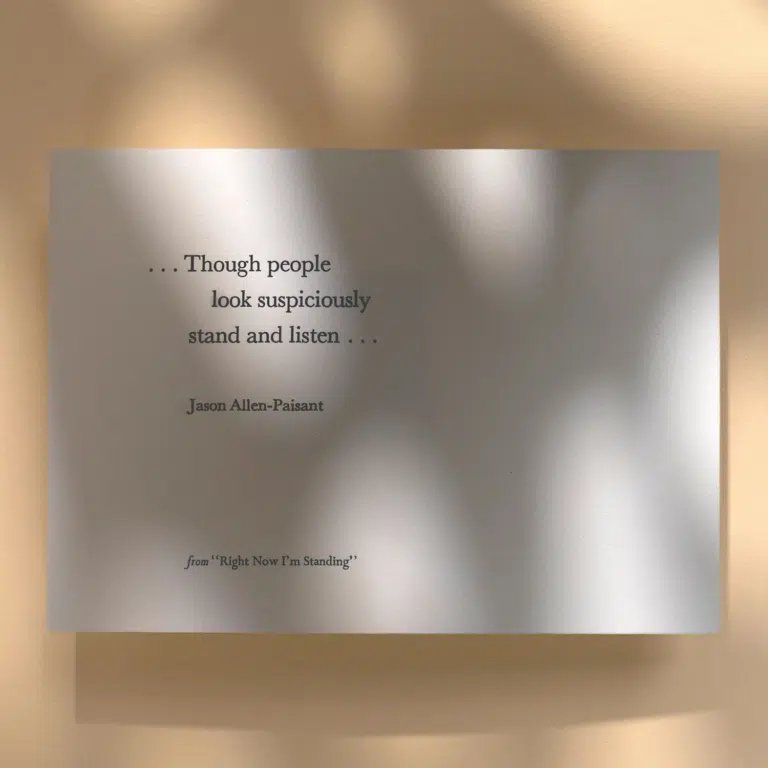Books and Publishing
Jason Allen-Paisant’s writing is widely recognised for its clarity of vision, inventive form, and deep engagement with questions of memory, belonging, and the natural world. Regularly featured in leading journals and anthologies including Granta, The Guardian, The Poetry Review, Callaloo, and More Fiya: A New Collection of Black British Poetry, his work spans poetry, essays, life writing, fiction, and scholarship—crafting texts that function as spaces for reckoning, healing, and imagining new futures. His newest book, The Possibility of Tenderness, extends this trajectory, weaving personal narrative with broader questions of history, landscape, and inheritance. His poetry collections—Thinking with Trees and Self-Portrait as Othello—have firmly established his reputation in contemporary literature: Thinking with Trees was named a 2021 Irish Times Poetry Book of the Year, appeared on the White Review’s Books of the Year list, and won the Poetry category of the 2022 OCM Bocas Prize for Caribbean Literature, while Self-Portrait as Othello won both the Forward Prize for Best Collection and the 2023 T. S. Eliot Prize, praised by judges as “a book with large ambitions that are met with great imaginative capacity, freshness and technical flair.” Across genres, Jason’s work tends to serve as oracle, balm, and portal—a space where Caribbean narratives, environmental wisdom, grief, desire, and belonging converge, inviting readers to dwell in histories too often displaced and to reimagine what it means to belong to the land, to language, and to community.
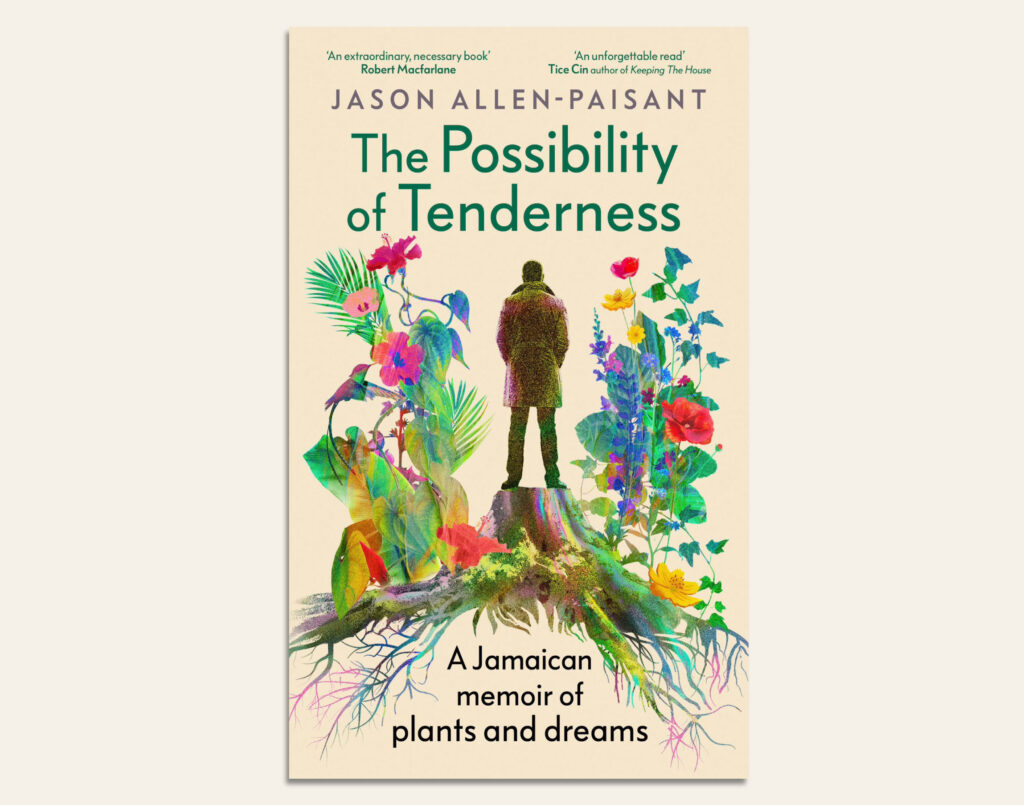
The Possibility of Tenderness
The Possibility of Tenderness is a genre-defying meditation on nature, memory, kinship, and the powerful yet sometimes fragile inheritances we carry through our relationship to the land. Moving between Jamaica and the UK, Jason Allen-Paisant braids lyric reflection and narrative to explore what tenderness might mean in the wake of generational rupture, migration, and estrangement from land. Both personal and political, the book asks: how do we claim space in the picture of nature —not as objects or emblems of violence, but as agents and collaborators—especially when so much has been withheld?



The Possibility of Tenderness | US Edition
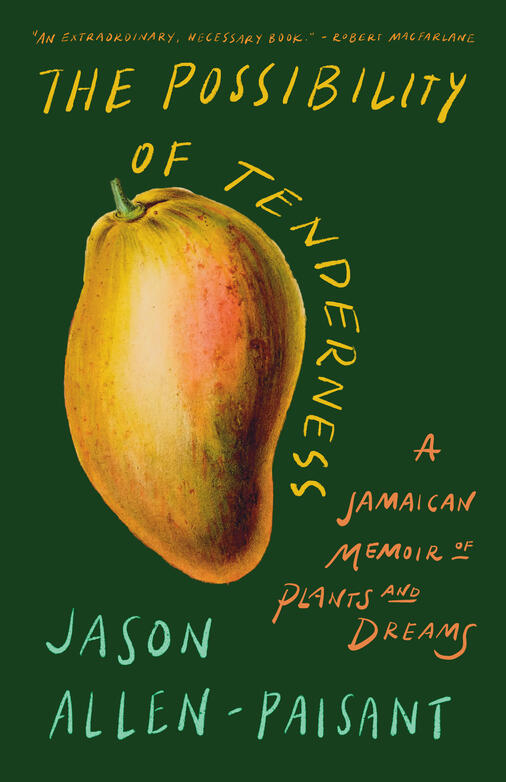
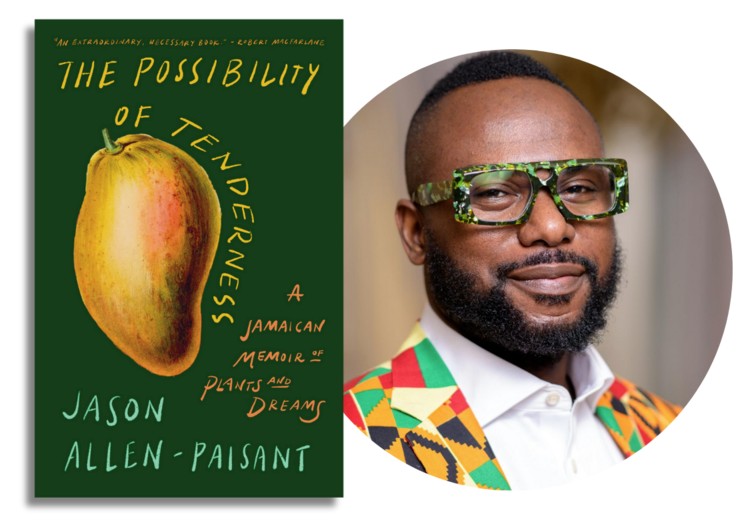
For me, tenderness is a radical stance. It’s a rejection of the idea that Black life must always be framed through suffering and struggle… It’s about the right to softness, to presence, to a relationship with the world that isn’t framed by oppression.” Jason discusses how The Possibility of Tenderness challenges traditional nature writing and explores kinship with the land as a source of power and healing.
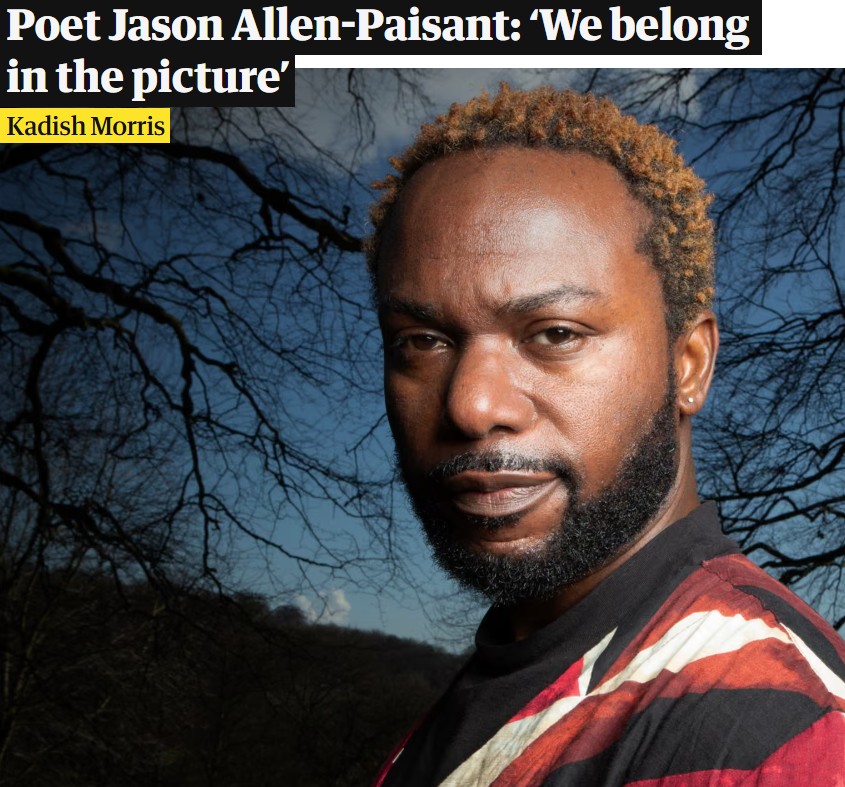
Who said natural writing can’t look like this? Me talking about class, a non-romanticised version of nature, about people working hard, having dirt under their fingernails.” Jason discusses his journey from blocking out his Caribbean background to finding meaning in his connection to Jamaica’s Coffee Grove, exploring how black bodies belong in nature writing and the entangled histories between his homeland and Britain.
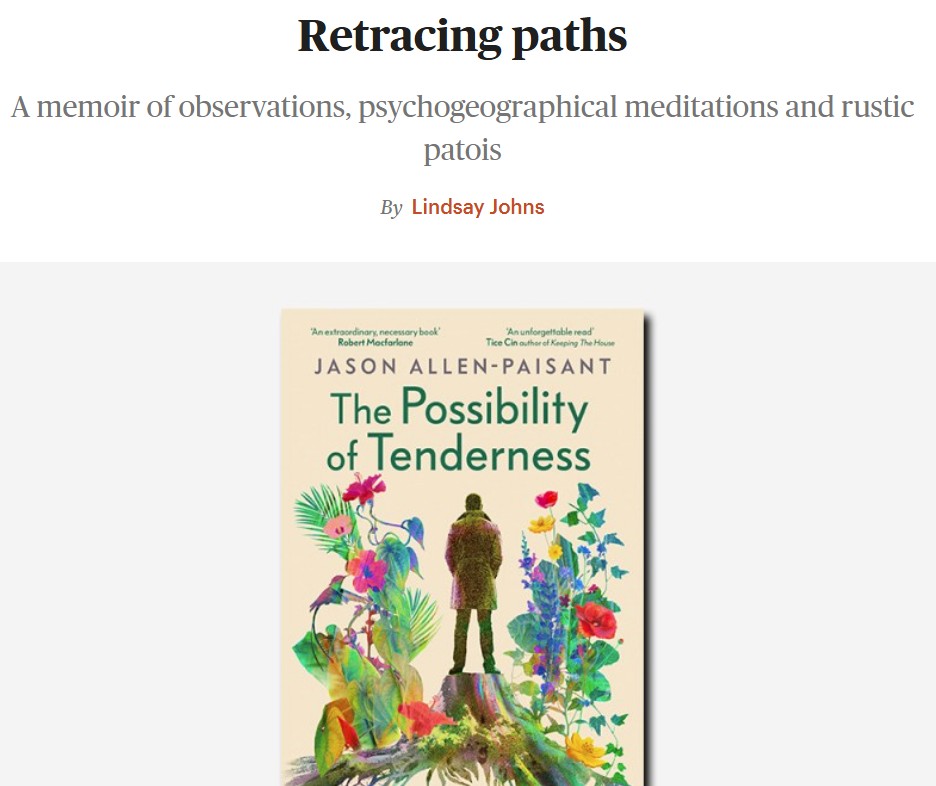
A humbling, cerebral memoir” that explores the question: “How do black people find tenderness while being threatened in this world?” The TLS praises Allen-Paisant’s journey from Coffee Grove (“back a bush”) to academic success, examining how he seeks “escape from the rage in which racism endeavours to confine” him through “forming kinship with the earth” and understanding that “history is land.
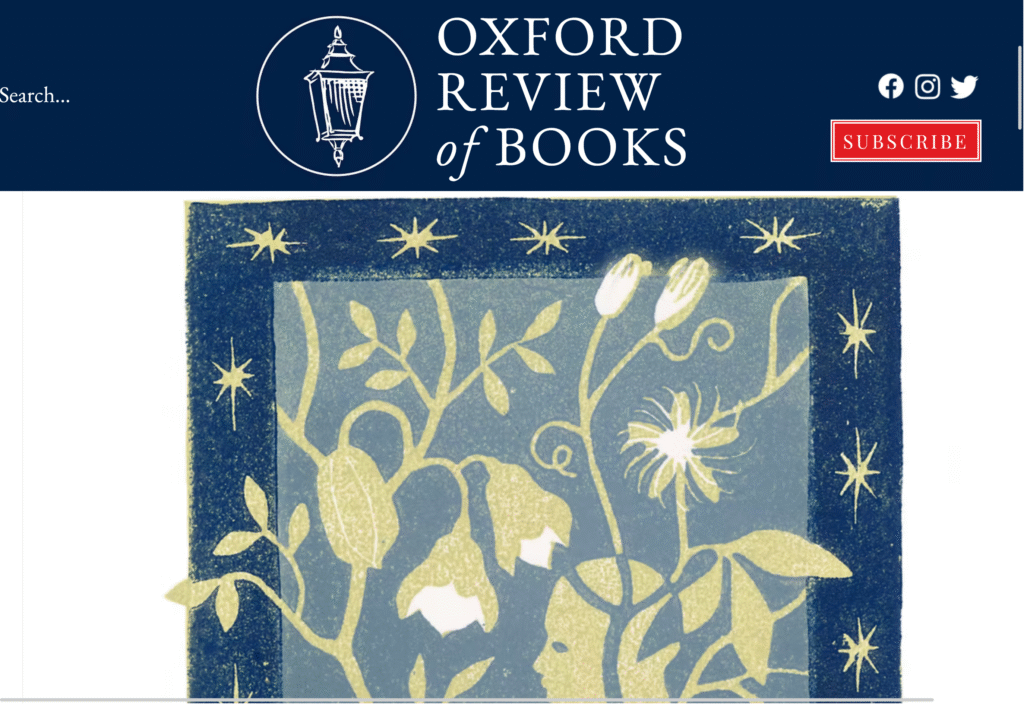
At first the concept feels unearned, luxurious even. But sit with it a little longer…” The Oxford Review explores Allen-Paisant’s central concept of our “right to non-anger” and how tenderness offers “the possibility of a form of living governed by sovereignty of our own time.” The review connects his work to Toni Morrison’s insight that “the very serious function of racism is distraction,” examining how the memoir invites readers to find “the tactile joy and sensuality of nurturing life.

Self-Portrait as Othello
"Absolutely astonishing!… Self-portrait as Othello is a masterful second collection: part memoir, part self-invention, part lyrical interrogation of the self as “other”. These poems force us to reconsider “the black male body”, its presence and absence from the renaissance of Othello to present day migrants and the poet’s own experiences of crossing the cities of Europe… Full of geographical crossings and liminal spaces, these poems confront difficult truths, upend stereotypes and the limits of language itself…"
– Poetry Book Society
"This indispensable collection explores Shakespeare’s pernicious archetype, observing how “the Moor remains invisible, despite the obsession with his body”. Yet Allen-Paisant makes the historical impasse an occasion for deep, generous interrogation of masculinity, and a linked elevation of the maternal that is at the heart of so many Caribbean and other families… Enriched by historical research, Self-Portrait As Othello celebrates representation, understanding and speech as acts of glorious resistance."
– Fiona Sampson, The Guardian

“Self-Portrait As Othello is a book with large ambitions that are met with great imaginative capacity, freshness and technical flair,” said the judging panel, made up of the poets Paul Muldoon, Sasha Dugdale and Denise Saul.
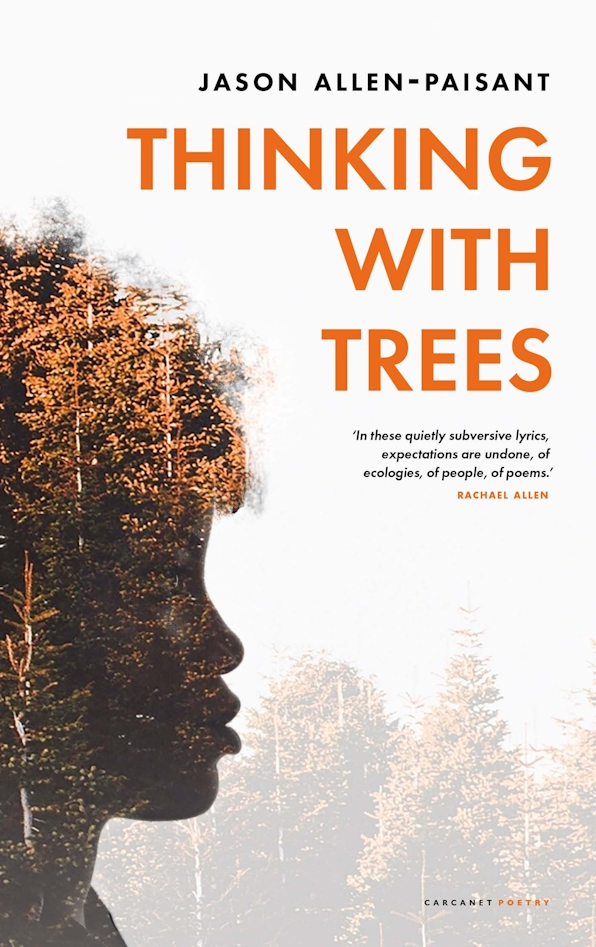
Thinking With Trees
Praise for Thinking With Trees
"Allen-Paisant is uncompromising when digging down through the undergrowth of our imperialist past - and yet he succeeds in replanting new narratives in the same soil where these toxic ideologies used to, and still, reside."
–Maryam Hessavi, Poetry London
"These observant poems lay their burdens down by the rivers of Babylon and try to sing the Lord's song in a strange land. What might it mean for the black body to experience nature, not as labour, but as leisure? What might it mean to simply walk through a park and observe the birds and the trees? The poems are beautiful and gentle, but the questions they raise are difficult and important."
–Kei Miller
"Allen-Paisant's poetic ruminations deceptively radicalise Wordsworth's pastoral scenic daffodils; here the body is never restful or relaxed due to a lingering unease in these British parks and woodlands. He employs the usual meditative tropes found in nature writing, in order to exploit and amplify the psychological sense of entitlement this relationship with the land denotes. These penetrable lyrical verses and essays deconstruct democratic notions of green space in the British landscape by racialising contemporary ecological poetics. The collection's power lies in Allen-Paisant's subtle destabilization of the ordinary dog walker's right to space, territory, property and leisure by positioning the colonised Black male body's complicated and unsafe reality in these spaces."
–Malika Booker
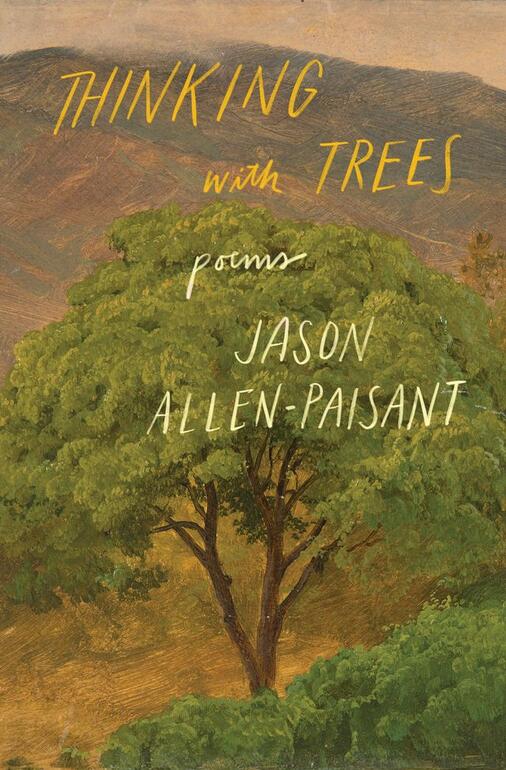
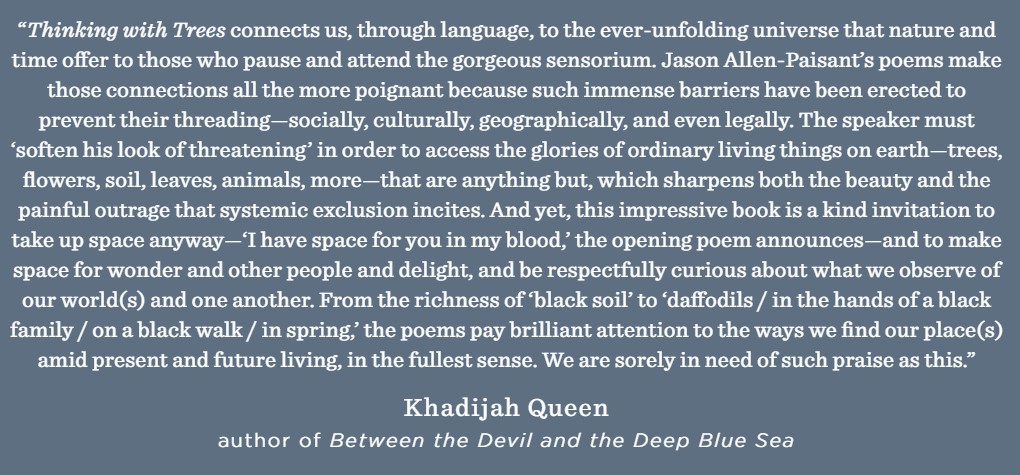
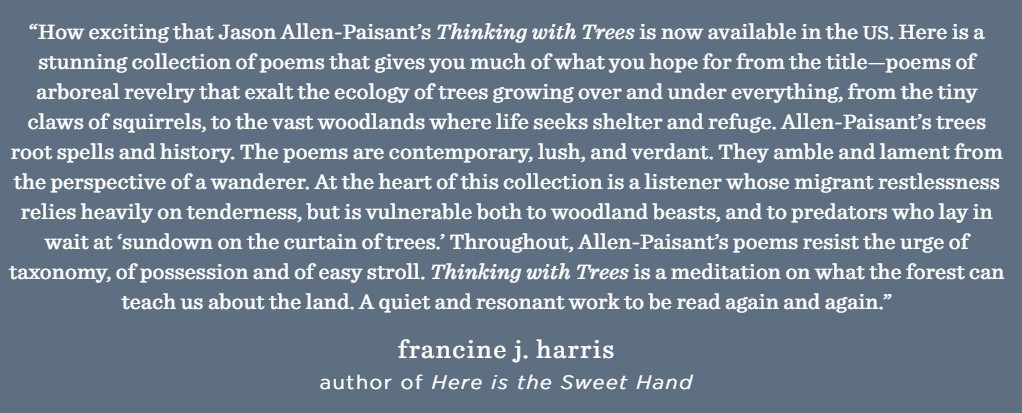
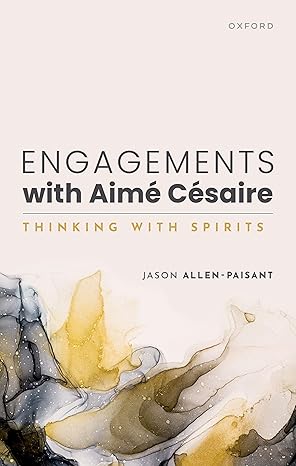
Engagements with Aimé Césaire
Praise for Engagements with Aimé Césaire
Stunning, sensuous, and urgent, Jason Allen-Paisant's poetic meditation on the ecopoetics of Aimé Cesaire is also a wholly original philosophical inquiry into the shifting ways of being human under conditions of coloniality and climate catastrophe. He gives us a vibrant new language, deeply rooted in the ancestral lands and Black vitality of his native Jamaica, to engage the vibrational intelligence of the earth, and open ourselves to a regenerative ethics of life.
― Professor Kris Manjapra, Northeastern University - author of Black Ghost of Empire: The Long Death of Slavery and the Failure of Emancipation
Jason Allen-Paisant introduces us to a pedagogy of spirit in which the rigid divisions of Western thought, and the rigid Western interpretations of Aimé Césaire, are transformed into a homage to the daily inspirited materialities of African/diasporic social poiesis. The most original and inspiring reading of Césaire in decades.
― Professor Stefano Harney, Academy of Media Arts Cologne - co-author of The Undercommons: Fugitive Planning & Black Study
